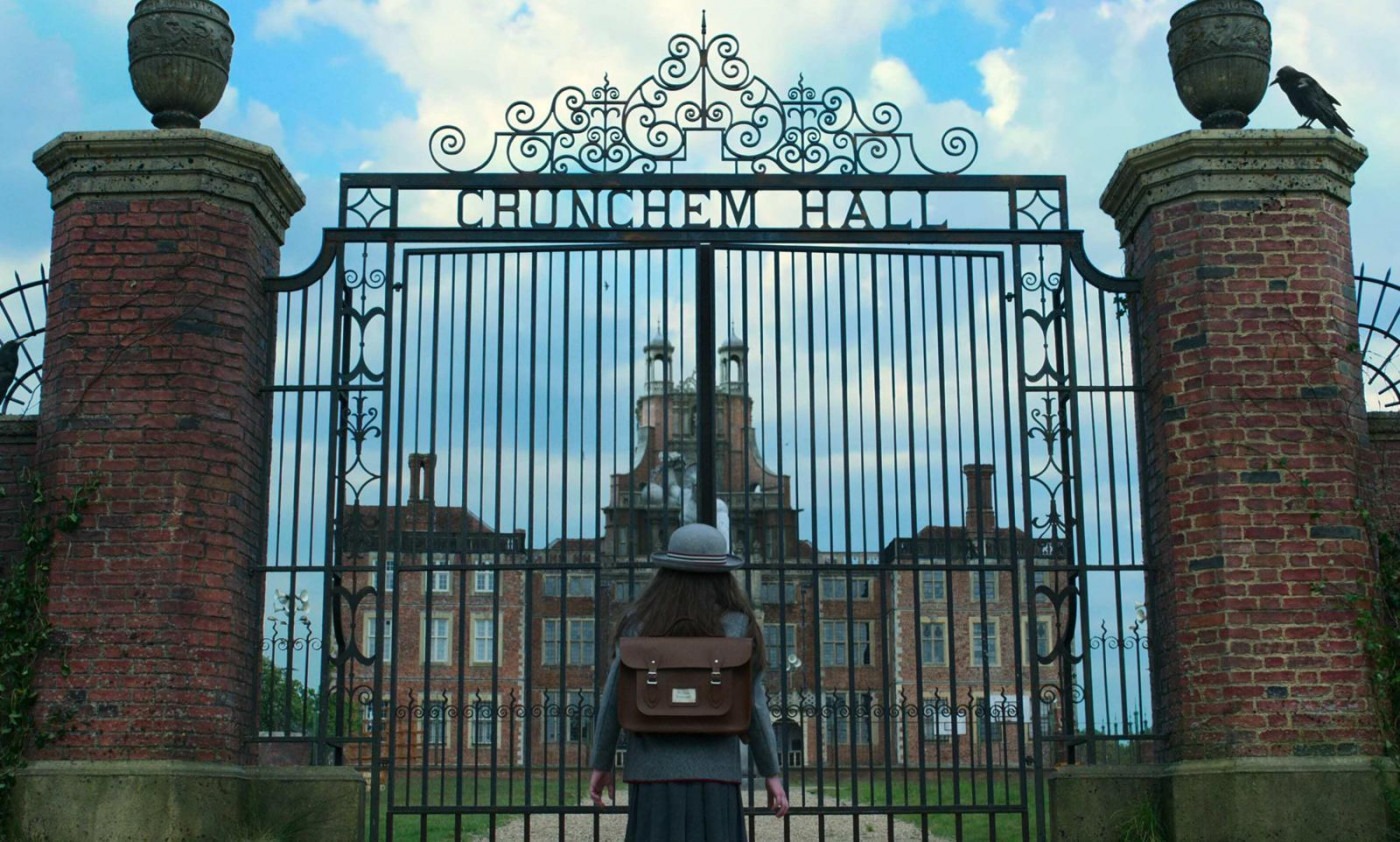The rewriting of Roald Dahl is terrifying for literature
If you think of the books you read as a kid, certain authors and stories are bound to come to mind. Generations were raised on the works of Enid Blyton, Beatrix Potter, and Jacqueline Wilson, and continue to be. For people my age, it was exceedingly likely that you had a few books by Roald Dahl on the shelf. His magical, dark, and engaging world of stories has captivated children for years, and that’s why it’s so depressing to hear about a story of cultural vandalism – the rewriting of his books, intended to make them “accessible”
The publisher Puffin and the Roald Dahl Story Company hired sensitivity readers to rewrite chunks of the author’s texts, with a view to ensuring that the books “can continue to be enjoyed by all today”. This has led to extensive changes – hundreds of amendments, and new passages not written by Dahl to add more context. These occurred in conjunction with Inclusive Minds, which its spokesperson describes as “a collective for people who are passionate about inclusion and accessibility in children’s literature”.
Oompa-Loompas have become “small people” rather than “small men” (and just small – words like “titchy” and “tiny” have been banished), and the Cloud-Men in James and the Giant Peach have become Cloud-People.
Augustus Gloop is no longer “fat”, and the word has been culled completely. Similarly, characters are no longer “ugly”. In The Witches, the titular creatures hide from children and use wigs to cover their bald heads, but a new addition states: “There are plenty of other reasons why women might wear wigs and there is certainly nothing wrong with that.” For no reason, a line describing a witch posing as a “cashier in a supermarket or typing letters for a businessman” now sees her “working as a top scientist or running a business”.
Elsewhere, examples of gender-neutral terms have been added. Matilda’s Miss Trunchbull, described in the book as a “most formidable female”, is now a “most formidable woman”. Oompa-Loompas have become “small people” rather than “small men” (and just small – words like “titchy” and “tiny” have been banished), and the Cloud-Men in James and the Giant Peach have become Cloud-People. Any reference to colour is also gone – in one of the most absurd examples, the BFG’s coat is no longer “black”.
I can maybe appreciate sensitivity warnings, but actually altering an author’s words is something else entirely.
A notice from the publisher sits at the bottom of the copyright page of the latest editions of Dahl’s books: “The wonderful words of Roald Dahl can transport you to different worlds and introduce you to the most marvellous characters. This book was written many years ago, and so we regularly review the language to ensure that it can continue to be enjoyed by all today.” A spokesperson for the Roald Dahl Story Company said: “When publishing new print runs of books written years ago, it’s not unusual to review the language used alongside updating other details including a book’s cover and page layout. Our guiding principle throughout has been to maintain the storylines, characters, and the irreverence, and sharp-edged spirit of the original text. Any changes made have been small and carefully considered.”
That last statement, though, is hideously untrue. I can maybe appreciate sensitivity warnings, but actually altering an author’s words is something else entirely. Many people have rightly lined up to criticise the move, with author Salman Rushdie writing: “Roald Dahl was no angel but this is absurd censorship. Puffin Books and the Dahl estate should be ashamed.” Prime Minister Rishi Sunak also issued a statement, with his spokesman saying works of fiction should be “preserved and not airbrushed”. He added: “When it comes to our rich and varied literary heritage, the prime minister agrees with the BFG that we shouldn’t gobblefunk around with words.”
It’s not the job of anonymous penpushers to alter works of art that they don’t like. It insults the original author – the reason we still read Dahl books nowadays is because they are captivating tales, presenting an imaginative world that children love for its dark and grotesque qualities. To sanitise his work is to misunderstand its appeal, and to strip away the magic. Worse, it strips agency away from parents and children, implying they have no intelligence as readers – part of the experience of engaging with texts is questioning them and discussing them. If Dahl’s books are truly inappropriate for young audiences, let them go out of print – don’t bastardise them.

Comments